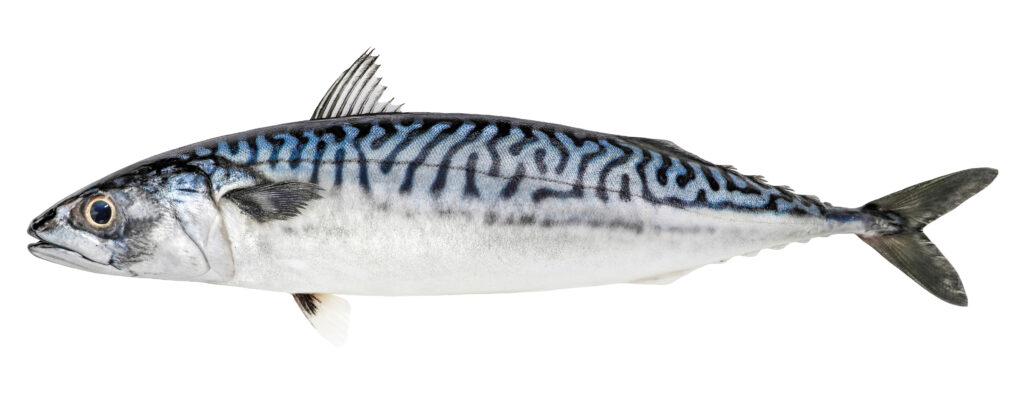The Conservation Council is disappointed the United States will continue to fish the depleted Atlantic mackerel despite Canada making the smart move of halting all mackerel fishing while the critical forage fish rebuilds.
The U.S. announced early this month that it won’t stop fishing the mackerel stock it shares with Canada throughout 2023.
Last year, Canada made the wise—if not overdue—decision to impose a moratorium on the Atlantic mackerel fishery. The Conservation Council applauded the move, noting its critical that we manage fisheries for the long term.
Mackerel are a forage fish, meaning they play a key role in marine ecosystems. They are eaten by many species, including whales, seabirds and fish (including commercial species like tuna).
Like much of nature, mackerel are unconcerned with modern political borders. While mackerel are fished in Canadian waters, they overwinter in waters off the U.S. As such, while the government of Canada can make the rules around how much mackerel is fished in Canada, the same fish are also subject to U.S. fisheries.
While the U.S. has at least reduced the quantity of mackerel it will catch, the Conservation Council is disappointed the country did not follow Canada’s responsible lead and stop fishing mackerel to take pressure off this important species.
Our friends at Oceans North have long advocated, with us and others, for improved management of forage fish species, including mackerel.
Some have argued that Canada should end its moratorium as the U.S. continues to fish the very same mackerel stock.
It is critical to understand, however, the effect that a bold, responsible decision like Canada’s can have outside our borders, and our control.
While the U.S. continues to fish for mackerel, Canada’s research into mackerel stocks, and our decision to pause fishing, cannot be ignored. The U.S. has decided on a smaller quota than it was likely to otherwise, and, Canada is pushing for co-management of the mackerel stocks, further increasing our influence on this important forage fish stock.
International cooperation can be a messy business. Is the situation with mackerel perfect? Of course not. But bold, responsible action from Canada has already secured some benefit with a more conservative quota in the U.S.
With Canada playing host this week to people, organizations, and governments around the world trying to better protect our oceans and marine wildlife at the 5th International Marine Protected Areas Congress (IMPAC5), the Conservation Council encourages the federal government to show leadership at home and stay the course to maintain the moratorium on mackerel fishing.
Recommended reading:

